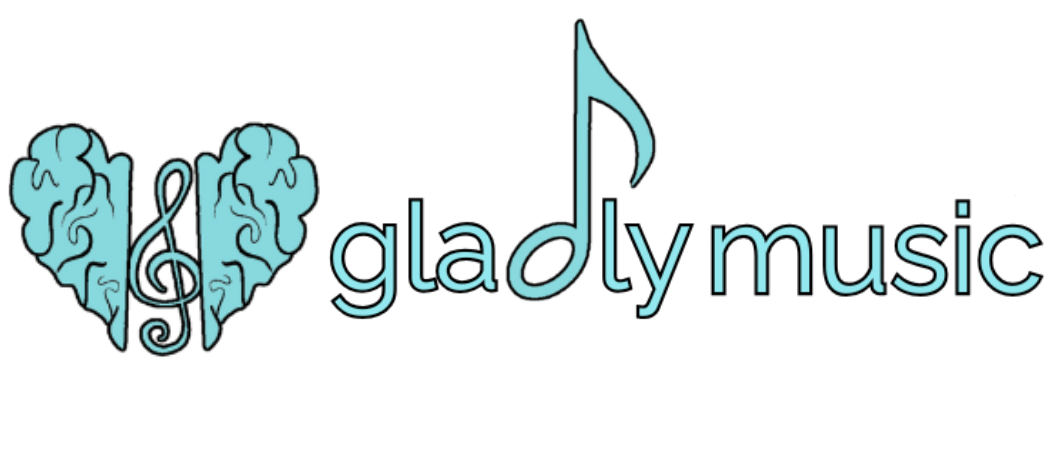Adult Music Lessons: It’s Never Too Late to Learn an Instrument
Many adults think they’ve missed their chance to learn an instrument—but that couldn’t be further from the truth. Whether you’ve always dreamed of playing piano, strumming a guitar, or just want a new creative outlet, adult music lessons are a powerful way to reconnect with yourself, reduce stress, and grow your skills at any age.
Why Take Music Lessons as an Adult?
Unlike childhood lessons that may have been pressured or rigid, adult music lessons tend to be more flexible, goal-oriented, and personally meaningful. As an adult, you get to choose why you’re learning—and that makes all the difference.
Benefits of music lessons for adults include:
Stress relief and mindfulness
Cognitive stimulation and memory support
Improved hand-eye coordination and motor skills
A fulfilling hobby that brings joy and confidence
A creative way to express emotions and connect with others
Whether you’re a total beginner or returning after years away, music can meet you exactly where you are.
Common Barriers (and Why They Shouldn’t Stop You)
It’s normal to feel nervous about starting something new, especially when it comes to music. Adults often say things like:
“I’m too old to start now.”
“I don’t have time.”
“I’m not talented enough.”
But here’s the truth: you don’t need talent, you need interest. Progress might look different than it did when you were younger—but with the right support, you will grow. Music teachers who work with adults understand how to tailor lessons to your learning style, goals, and schedule.
Choosing the Right Teacher for Adult Music Lessons
The most important part of starting adult music lessons is finding a teacher who’s a good fit. Look for someone who:
Has experience working with adult learners
Respects your pace and goals
Makes you feel comfortable and inspired
Offers flexible scheduling and/or virtual options
Some music therapists also offer lessons to adults with neurological differences, mental health needs, or physical limitations. These adaptive music lessons combine music education with a therapeutic lens and can be a great option if traditional lessons haven’t felt accessible.
Instruments That Are Great for Adults
While you can learn almost any instrument as an adult, some popular choices include:
Piano – Easy to visualize and accessible for beginners
Ukulele – Small, fun, and gentle on the fingers
Voice – No equipment needed and a great way to build confidence
Guitar – Popular, versatile, and rewarding
Percussion – Great for stress relief and rhythmic expression
The best instrument? The one you want to play.
Final Thoughts: Start Small, Start Now
Taking music lessons isn’t about perfection—it’s about joy, growth, and connection. Even 15 minutes of practice a few times a week can make a difference. You might be surprised at how quickly your skills and confidence grow once you begin.
Ready to Start Adult Music Lessons?
Whether you’re a total beginner or rekindling a lost passion, I’d love to help you explore music in a way that works for you. Contact me to learn more about lessons tailored to adult learners, including virtual and adaptive options.
